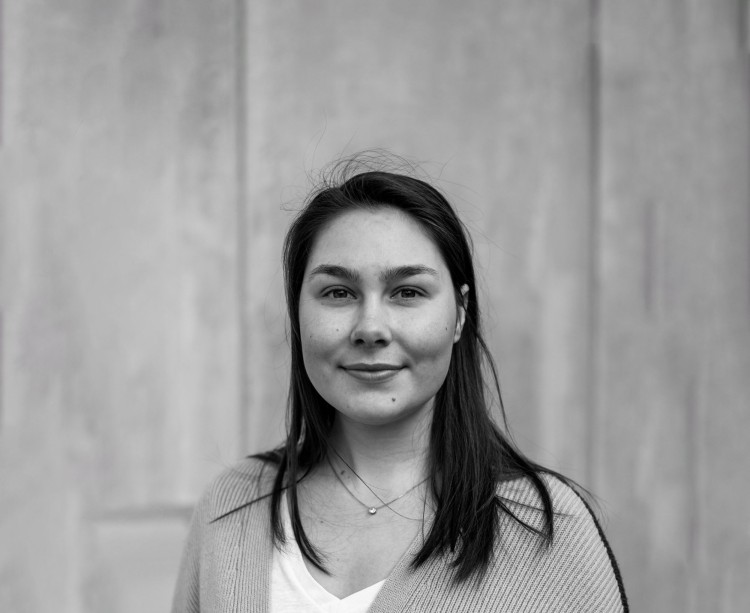
Since moving across the world to complete her UBC Bachelor of Commerce (BCom) Degree at the UBC Sauder School of Business, Anastasia Kiku has co-founded Reusables– an innovative, sustainable circular packaging platform to transition takeaway food to reusable containers. Using the skills and connections she built through the UBC Sauder BCom program, Kiku's success landed her on the Forbes 30 under 30 list of entrepreneurs.
Drawn to the west coast lifestyle of Vancouver, Kiku made an international move from Russia to pursue education at the UBC Sauder School of Business.
A commitment to trying new things
Kiku came to UBC Sauder with the mindset of trying as many new things as she could throughout her undergraduate degree. “There is so much diversity at UBC Sauder, I was eager to try things that I didn’t know anything about,” says Kiku. “From joining the UBC rocket team and launching rockets in the desert in Texas, to volunteering at a low-income school and joining the UBC Alpine ski team, I had a very enriching undergraduate experience that was full of firsts.”
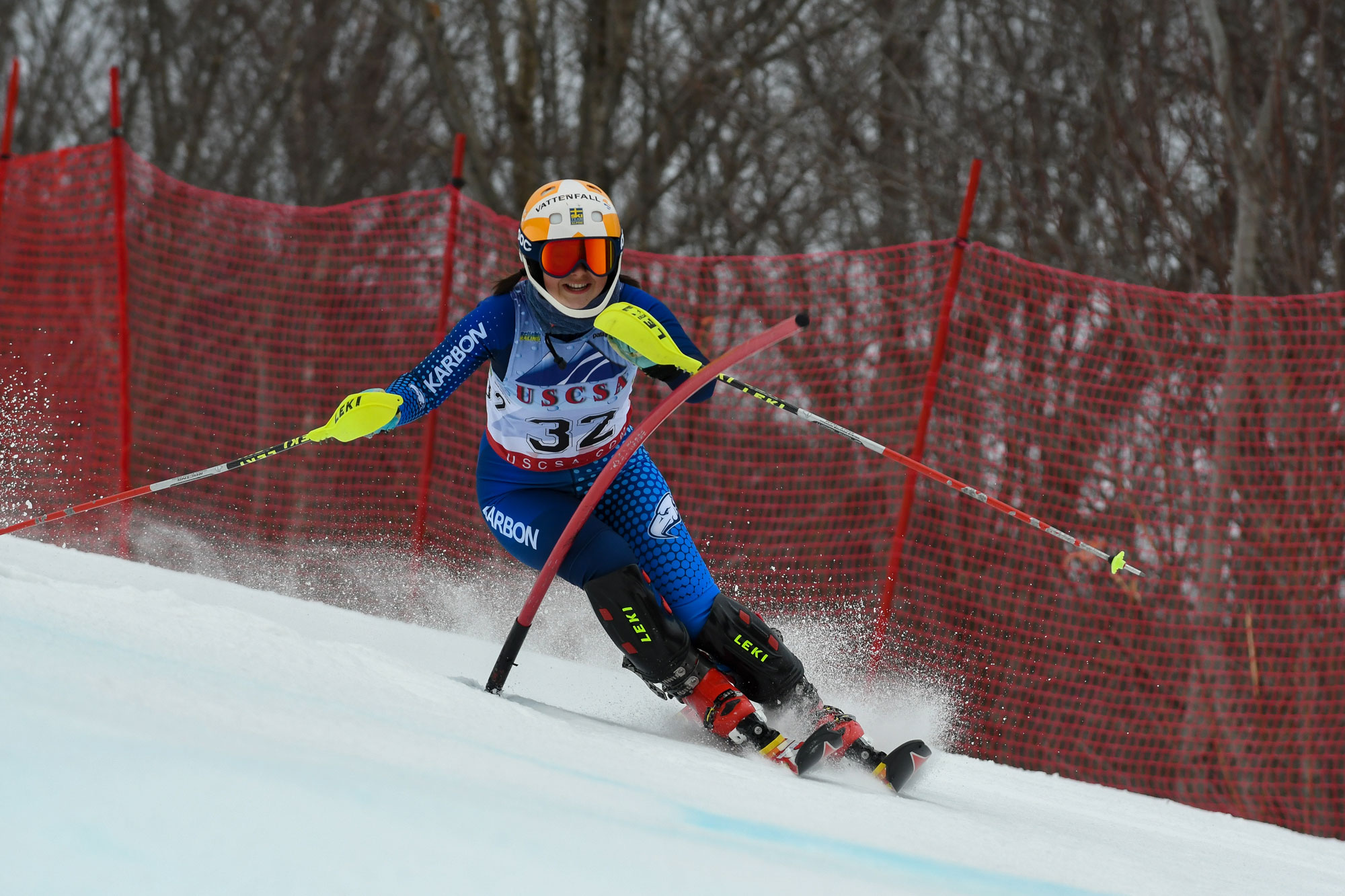
In addition to Kiku’s wide breadth of extra-curricular activities, her eagerness to try new things led to her most pivotal experiences and ultimately the discovery of her passion to pursue a sustainability venture.
“My BCom degree at UBC Sauder was highly formative in starting Reusables. The global experiences I had in Indonesia and Copenhagen combined with my internship, my specialization, and the people I met all led me to pursue a career in entrepreneurship and sustainability.”
Global opportunities at UBC Sauder
With a minor in food resource economics, Kiku spent two months in Indonesia through a Global Seminar with the Faculty of Land and Food Systems to determine if an economic development project was achieving the intended outcomes on the ground. “We think the world works the same way it does in our bubble, but that’s not representative of everyone. My experience in Indonesia gave me a framework to understand how behaviors and motivators vary among different markets.”
The following year, Kiku did an International Exchange at the Copenhagen Business School in Denmark for a semester where she was deeply inspired by the locals’ lifestyle. “My time in Copenhagen was extremely formative for me. Experiencing the sustainable and mindful culture in Scandinavia first-hand was truly inspiring,” Kiku shares. “It has become the norm and doesn’t take away from their quality of life, and I wanted to get us to that place in Canada when I returned home.
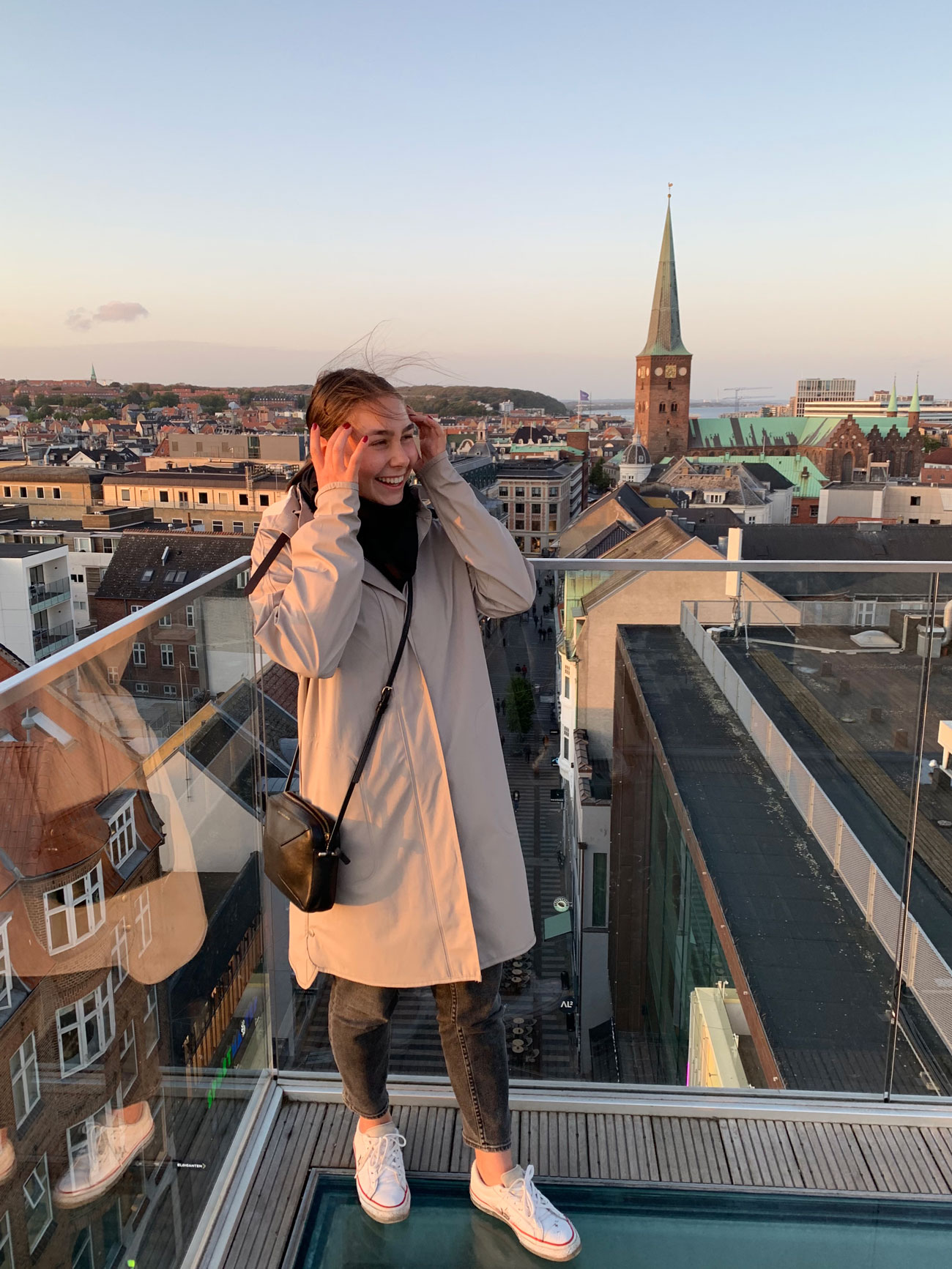
A pivotal internship
Kiku secured an internship at a sustainable Vancouver company where she analyzed their reusable packaging system to scale and implement it more widely in their operations. Although Kiku’s model didn’t end up working for the organization, she met her co-founder through this internship and they applied her circular economy model to Reusables.
Innovating through Reusables
As Reusables continues to evolve, what remains the same is their vision for no waste in the world. After pivoting from working with restaurants and grocery stores to enterprise food service, they moved into their current iteration. “Reusables is a circular packaging platform for universities, offices and corporate campuses to transition from serving takeout food in single-use containers to reusables,” says Kiku. “Essentially, it’s a way to help organizations integrate reusable packaging into their operations, by maintaining and managing the fleet of reusable packaging inventory.”
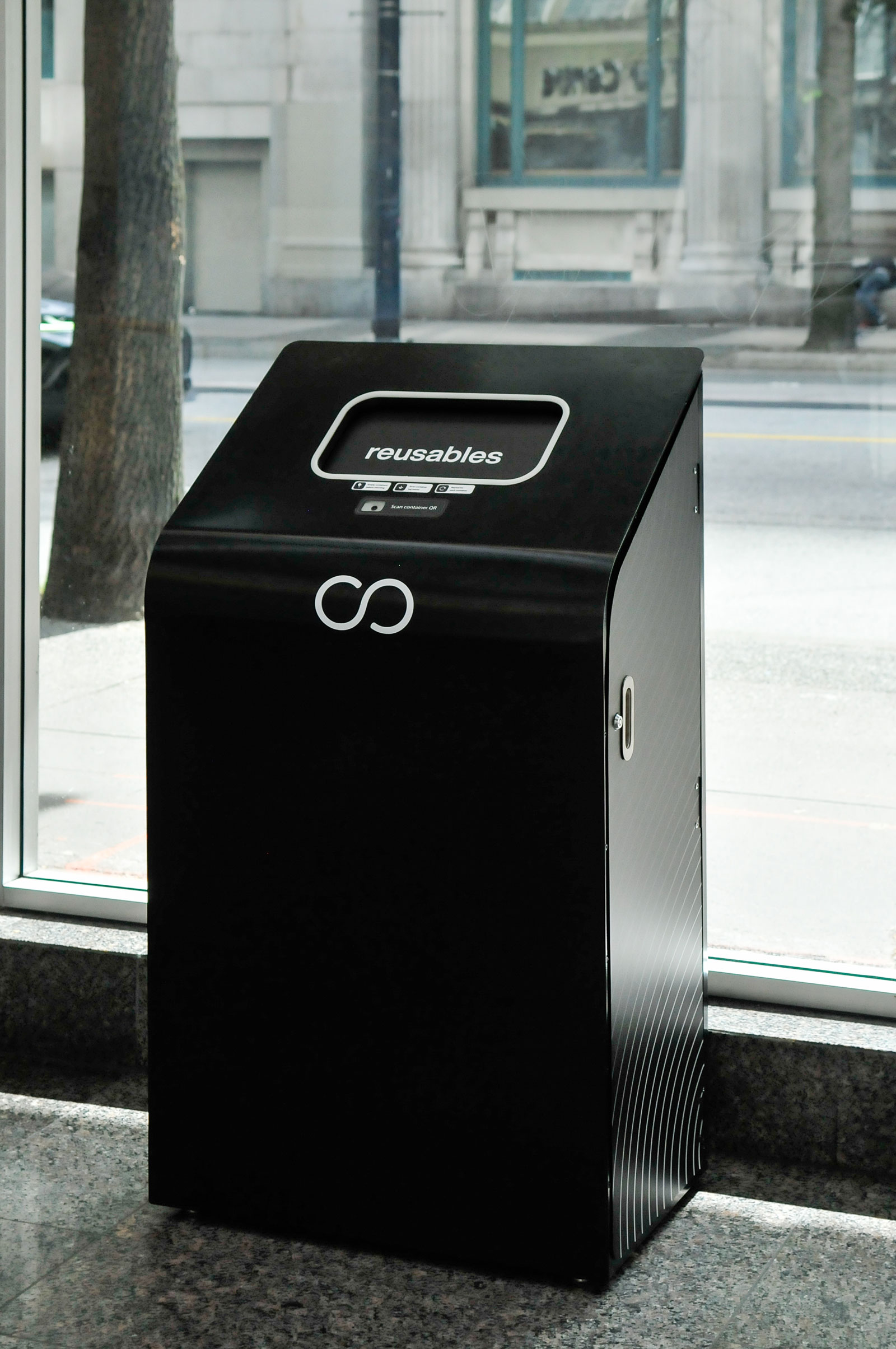
Specializing in Operations and Logistics
Kiku specialized in operations and logistics through her UBC BCom degree. “Operations and logistics largely focus on optimization. This specialization helped me understand that waste is simply an inefficiency in our system,” explains Kiku. “For example, using energy to make a coffee cup that is used for five minutes before being discarded is not an effective use of energy as that resource is lost and not recaptured. Reusables was created to implement a circular economy model that allows us to be more efficient.”
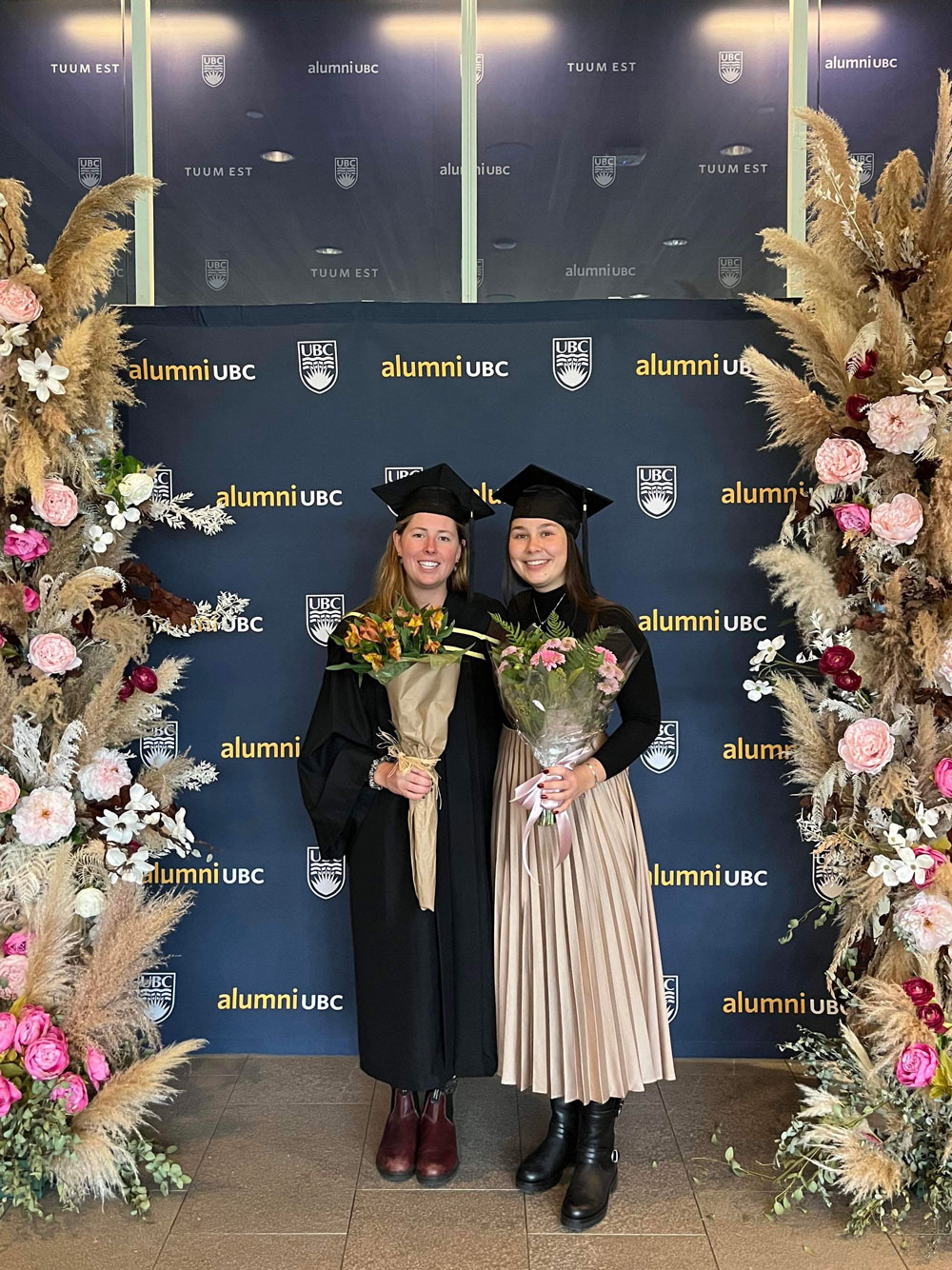
Advice for students interested in similar career path
Kiku recommends finding your passion before jumping into entrepreneurship. “Don’t just start a business with the goal of making money. Being driven by inspiration will motivate you to continue even if your ROI on time given is low for the first few years.”
Recognized on Forbes 30 under 30
Kiku reflects on being recognized on Forbes 30 under 30. “It takes a village to raise a start-up – I’m so grateful for my family that sent me to Canada, my team at Reusables and my experience at UBC Sauder. Even though it’s my co-founder's name and my name on the Forbes list, it took so many people to get us there and we are deeply grateful.”
